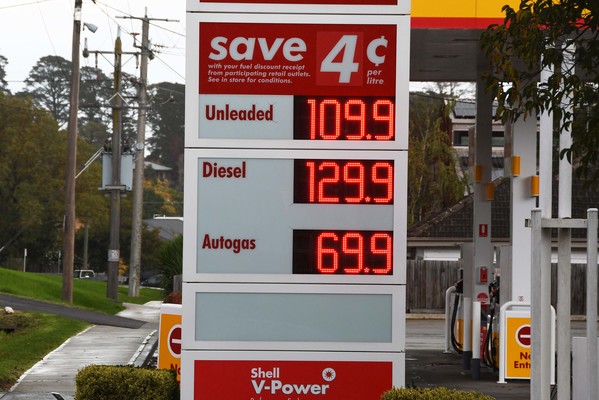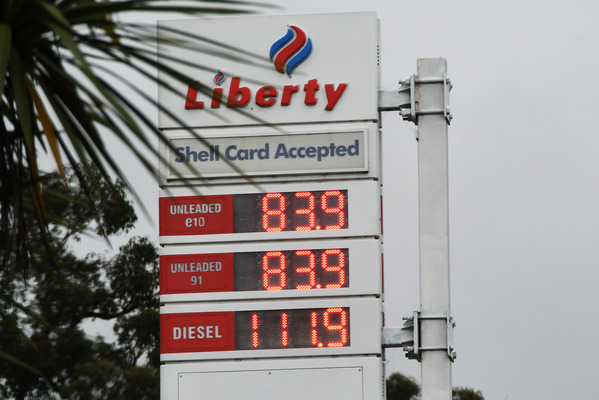By Jed Lanyon
Petrol stations across Victoria have seen petrol prices slashed to the lowest numbers seen in 16 years as global oil prices plummet due to the coronavirus pandemic.
But locals have expressed their frustrations as petrol prices in Healesville still sit significantly higher than those in other Yarra Ranges suburbs.
Over the last fortnight, all three of Healesville’s fuel stations have had their fuel prices around $1.10 per litre, nearly 30 cents higher than what can be found in nearby Yarra Glen, Lilydale and Wandin and at stages one of the only locations in the region where fuel prices remain over one dollar per litre.
This has been the case throughout the coronavirus pandemic as prices at Healesville retailers in late March were sitting about $1.59 a litre, while those in Wandin, Woori Yallock and Launching Place had already cut their prices to around $1.11 per litre.
RACV’s senior vehicle engineer, Nicholas Platt, said: “Petrol prices in the Yarra Valley are comparable to the rest of Melbourne, although RACV fuel price monitoring reveals Healesville has slightly higher prices, currently averaging at just under $1.10 a litre for unleaded, while one retailer in Yarra Glen is selling unleaded for 85.9 cents a litre.”
“The average price of a litre of unleaded petrol in Melbourne is currently 91.9 cents, with fuel prices across the metropolitan area the cheapest that RACV has logged in our daily price records in over 16 years. The last time fuel was this cheap at the bowser was February 2004. Petrol prices are being driven down by low wholesale prices, which in turn are a result of a drastic fall in oil prices due to the effects of COVID-19 on travel.
“While this is good news for consumers, RACV would urge motorists not to travel in search of cheap fuel. We recommend motorists use RACV’s online fuel price comparison tool to find the cheapest fuel locally.”
The Australian Competition and Consumer Commission (ACCC) has called for retailers to reduce their prices in line with falls in international petrol prices.
ACCC chair Rod Sims said, “The drop in the crude oil price is good news for the Australian motorists. At this time the Australian economy needs all the assistance it can get, and lower world crude oil prices are one of the few positives from current world events.
“In the larger Australian capital cities, petrol retailers took too long to pass on the savings from the rapid drop in international oil prices, and this did not reflect well on them.”
According to the ACCC, fuel prices are generally higher in regional Australia due to a number of factors, including lower population and demand, meaning there are fewer petrol stations, which often leads to less competition. There are also higher costs for transport and storage of fuel, and less convenience sales which can support the operation costs of petrol retailers when fuel prices are low.
Price changes in regional centres can lag up to six weeks behind changes in the larger capital cities, because the turnover of stock is generally lower in the country. The reduction in demand for petrol due to current travel restrictions may have further exacerbated the lag.
“We have previously found that the lack of vigorous and effective competition in some regional locations was a major reason for higher prices in those locations,” Mr Sims said.
“Where there is competition, you tend to see lower prices. Giving your business to outlets that are pricing competitively sends a strong message to those that have high prices that they will lose your business. We recommend motorists compare prices on fuel price apps and websites, such as MotorMouth and the government schemes in NSW, WA and the NT, which also provide information on retail prices in regional locations.”
“Especially at this difficult time, retailers must not take advantage of the situation to increase their profits, but should pass on savings to motorists,” Mr Sims said.
“The ACCC’s role is to monitor the market closely, and we will continue to do this, particularly to keep the pressure on the petrol retailers at this time.”








